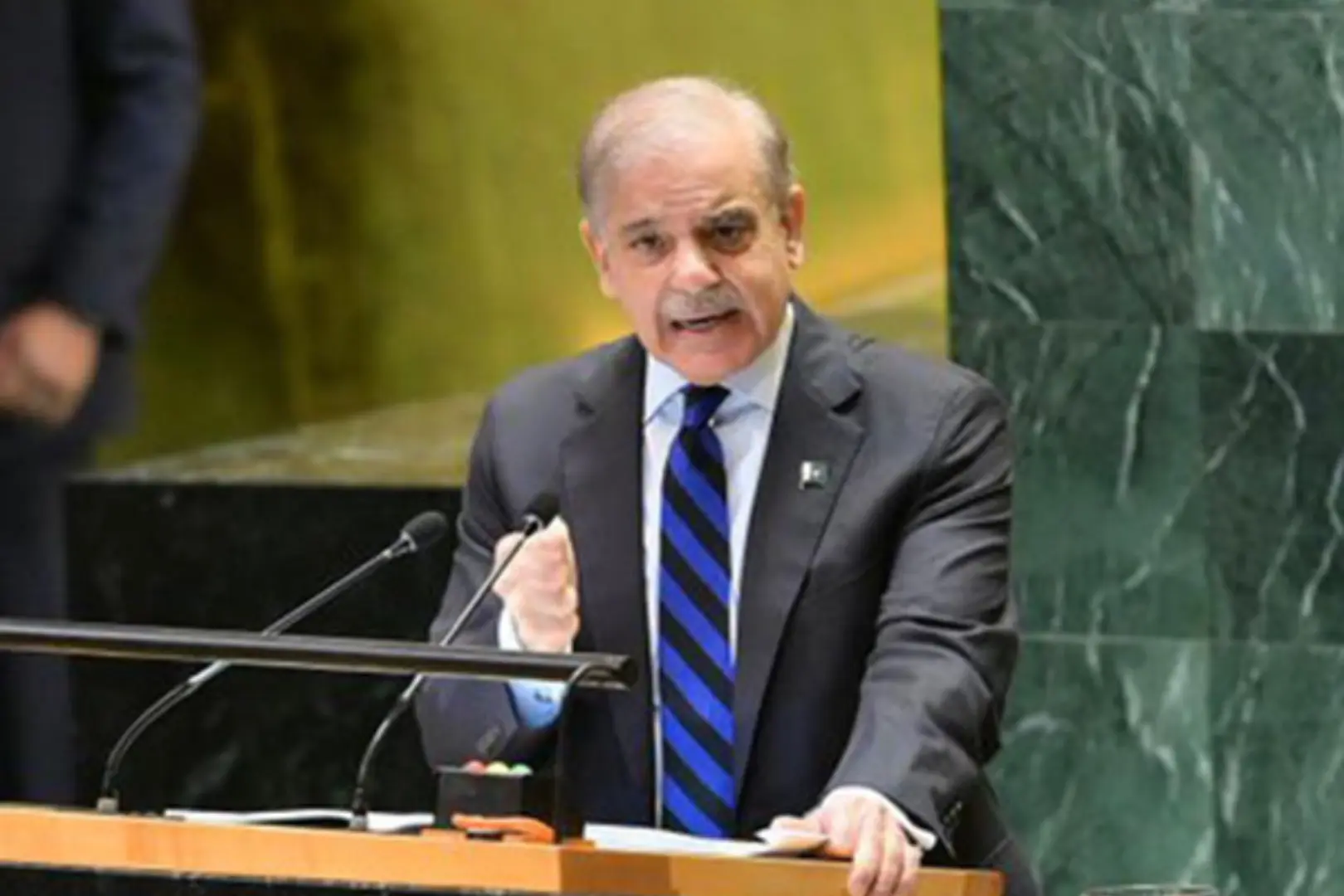03-Oct-2024, 02:13 PM
The United States has been alerted following allegations that Pakistan mismanaged a $400 million loan, raising concerns about the country’s financial governance and its ability to effectively manage international funds. This scrutiny comes in the wake of Pakistan securing a $7 billion loan from the International Monetary Fund (IMF), which is aimed at stabilizing its faltering economy after years of mismanagement and political instability.
Background of the Loan Issues
Pakistan’s economic situation has been precarious, exacerbated by a series of challenges including catastrophic floods in 2022, high inflation, and a significant public debt burden. The country has been reliant on IMF loans for decades, having received over 20 loans since 1958. The recent allegations of mismanagement are particularly troubling as they highlight ongoing issues within Pakistan’s financial systems and governance structures.The $400 million loan in question was intended to support various development projects. However, reports indicate that funds may have been diverted or inadequately utilized, leading to questions about accountability and transparency within the Pakistani government. This has prompted the U.S. and other international stakeholders to closely monitor Pakistan’s financial practices.
U.S. Concerns
U.S. officials have expressed concern that mismanagement of such loans could hinder Pakistan’s economic recovery efforts and destabilize the region further. The U.S. has historically played a significant role in supporting Pakistan through financial aid and loans, but there is increasing pressure to ensure that these funds are used effectively. The potential for misappropriation raises alarms about future financial assistance and cooperation.
Implications for Pakistan
The implications of these allegations are profound for Pakistan, especially as it seeks to regain international confidence and secure additional funding. Prime Minister Shehbaz Sharif has emphasized the need for reforms to restore economic stability, but ongoing allegations of mismanagement could undermine these efforts. The government faces pressure not only from international bodies like the IMF but also from domestic stakeholders who demand accountability.
Path Forward
To address these challenges, experts suggest that Pakistan must implement stringent governance reforms and enhance transparency in its financial dealings. Strengthening institutions responsible for oversight and ensuring that funds are allocated effectively will be crucial in rebuilding trust with international partners.
Conclusion
As the U.S. remains vigilant regarding Pakistan’s financial management practices, the country must navigate these allegations carefully to secure its economic future. Effective governance and responsible management of international loans will be essential for Pakistan to stabilize its economy and foster sustainable growth in the long term. The situation underscores the critical need for accountability in public finance, particularly in nations facing significant economic challenges.





